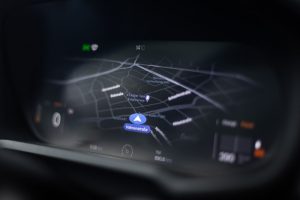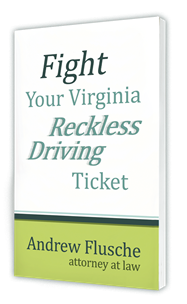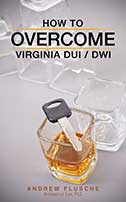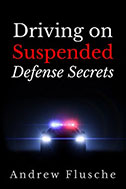Using the GPS Defense in Traffic Court

Sometimes it actually works.
The real problem occurs when the people who get a good result tell others what they did even though they don’t understand the law.
A guy in California wrote that his Android beat his ticket for him. Basically, he used GPS and Google Tracks to argue that he wasn’t going the speed the officer alleged.
But the hole in the case – as the judge indicated – was that the officer couldn’t prove that his equipment was working properly. That’s what most likely won the day.
Not any evidence the defendant brought to court. If the officer can’t prove his case beyond a reasonable doubt, it should be dismissed. Period.
The GPS defense can work. But I’ll bet it fails more often than not.
I’ve successfully used it in a reckless driving by speed case two times. (Required disclaimer: Case results vary depending upon the facts of each case. Past results do not predict future outcomes.)
Recent Case Result: Client’s GPS Beats Reckless Driving by Speed Ticket Calibrations
(Cases depend upon unique facts. Past cases do not guarantee future outcomes.)
THE STORY: Solomon received a reckless driving by speed ticket from a Virginia State Trooper. He was charged with this misdemeanor offense because he was allegedly driving faster than 85 mph on the interstate.
Fortunately, Solomon was using a GPS during this trip through Virginia. And he had the presence of mind to save the data by taking pictures of his final trip screen at his destination.
Solomon’s GPS data showed that the maximum speed during his entire trip was only 79 mph. That is still speeding on the interstate, but it definitely is not enough to be guilty of misdemeanor reckless driving.
I instructed Solomon to get his speedometer calibrated and then take pictures of the GPS and speedometer reading together at various speeds; this technique enabled us to prove that Solomon’s GPS accurately measures the speed of the vehicle.
We plead not guilty in court and presented all our evidence to the judge. Even though the trooper’s radar had been calibrated and was working properly that day, the judge ruled that there was reasonable doubt about Solomon’s speed.
CASE OUTCOME: DISMISSED! The judge dismissed Solomon’s ticket for Virginia reckless driving. He was NOT convicted of anything, which preserved his driving record and kept his license intact.
My client was charged with going 95 mph. He knew he wasn’t driving that fast when the Trooper stopped him; he told the Trooper he thought he was going 80 mph. And he happened to be using his GPS at the time.
When he got to his destination, he took a picture of the GPS trip summary that showed his max speed was 82.3 mph.
The problem with presenting the GPS photo is that it’s not necessarily reliable. The Trooper’s radar unit was properly calibrated, but we needed evidence that the GPS was accurately displaying the car’s speed.
To overcome that hurdle, I had my client get his vehicle’s speedometer calibrated. It was spot on. Then he drove around and had a passenger take photos of the GPS and speedometer at various speeds. The photos all matched up.
At the end of the case, we got the 95 mph reckless driving charge reduced to a traffic infraction of improper driving. The GPS defense didn’t prove my client wasn’t speeding, but it did cast doubt upon the Trooper’s determination of his speed.
The reason for that result is much different than the guy who used his Android data. The GPS truly did help our case.
Contact Our Virginia Traffic Defense Attorneys Today
Fighting a traffic violation is never easy. However, having the right team in your corner can make all the difference. Let’s discuss your case and see how Flusche & Fitzgerald can help you with your traffic case. Contact us today to schedule your free consultation.




